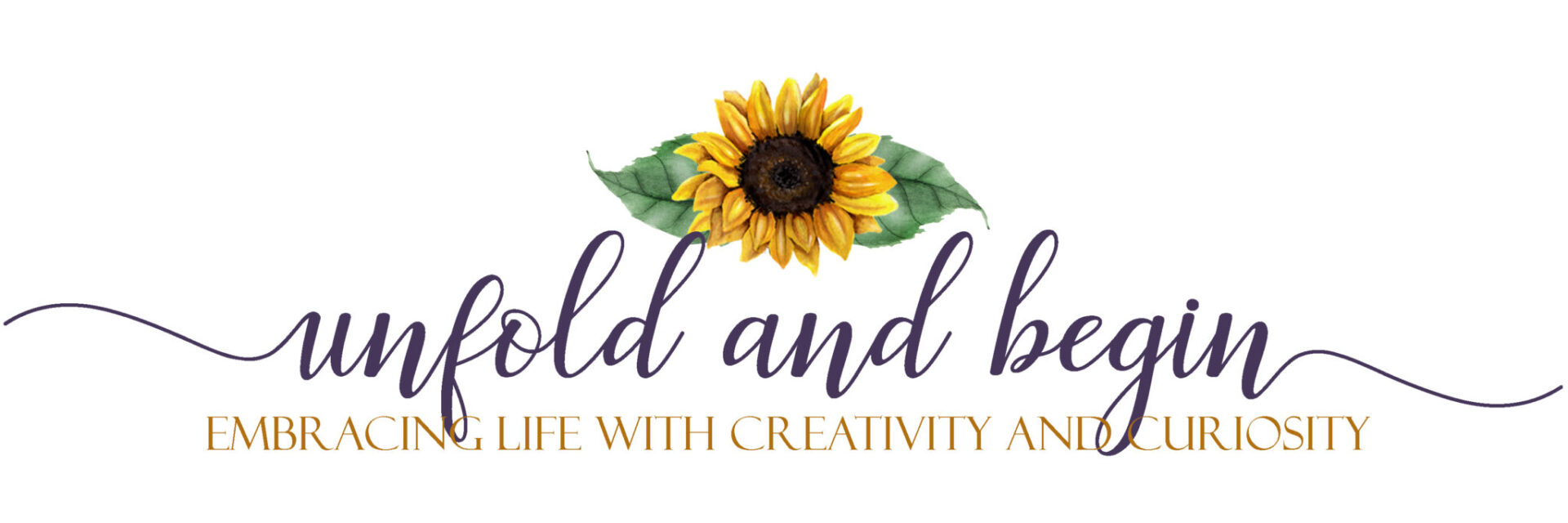Creativity is a powerful force that resides within each of us, waiting to be discovered and expressed. Whether you’re an artist, a writer, or someone who simply enjoys the beauty of the world, journaling can be an invaluable tool for exploring your creativity. Journaling is more than just a diary of your daily experiences; it’s a gateway to self-discovery and a means to unlock the hidden depths of your imagination. Let’s learn how to explore your creativity through journaling.
The Art of Journaling
Whether using paper and pen or a keyboard, Journaling allows you to record your thoughts, feelings, and experiences. It’s been used for centuries as a means of preserving memories, reflecting on life, and organizing thoughts. Beyond these practical purposes, journaling also has the unique ability to stimulate and nurture your creativity.
Self-Reflection. Journaling provides a place to reflect on your thoughts and emotions. By taking the time to explore your inner world, you can uncover new ideas, perspectives, and inspiration.
Idea Generation. It’s not uncommon to have a burst of creativity while journaling. By allowing your mind to flow freely without judgment, you can brainstorm new ideas, stories, or artistic concepts.
Emotional Outlet. The act of journaling allows you to express and release pent-up emotions. This emotional release can be a catalyst for creative breakthroughs, as it often leads to a clearer state of mind. Check out my post on journaling for self-care to find out why it’s so helpful for you.
Creative Problem Solving. When faced with a creative block or a challenging project, journaling can help you break down problems and explore alternative solutions. Writing about your challenges can lead to “aha” moments and fresh perspectives.
Creative Journaling Options
There are various methods for incorporating creativity into your journaling practice:
Visual Journaling. Combine words with images by incorporating sketches, drawings, or collages into your journal. This visual aspect can be a powerful catalyst for creativity.
Stream of Consciousness Writing. Let your thoughts flow without censorship. Write whatever comes to mind, even if it seems nonsensical at first. This can reveal unique connections and ideas. This most closely matches Morning Pages.
Prompt-Based Journaling. Use prompts to stimulate your creativity. Prompts can be in the form of questions, single words, or quotes that inspire you to explore new ideas. I’ve included some prompts in this post.
Gratitude Journaling. Expressing gratitude can open up a positive mindset and promote creative thinking. Write down the things you’re thankful for, and see how it affects your creative perspective. It can be as simple as writing down 3 to 5 things you’re grateful for each day.
Dream Journaling. Your dreams are a wellspring of creativity. Record your dreams as soon as you wake up, and use them as inspiration for stories, art, or personal growth.
Creativity Prompts
- Do you consider yourself to be a creative person? Why or why not?
- What motivates and encourages you to do your best work?
- What is your favorite way to express your creative side? What do you like about it?
- Has anyone ever limited your creativity? How did you feel?
- Imagine you are a famous artist, musician, actor, or writer. What type of work do you do and how does it make you feel?
- What do you do when you need inspiration?
- What space do you work in when you are feeling creative?
- Is it possible to find inspiration or do you have to wait for it to come to you?
- Write about a person who inspires you.
- Do you feel more creative when you have lots of time or when you’re working on a deadline?
Self-Care Prompts
- How do you encourage yourself when you’re trying something new?
- How do you shift your mindset if it isn’t working for you?
- How do you recharge?
- What helps you slow down and feel more present?
- What’s a goal you want to accomplish and why?
- How do you practice self-acceptance?
- How do you set boundaries to protect yourself from someone else’s emotions and stress?
- How do you forgive yourself when you make a mistake?
- How do you calm your nerves in a difficult situation?
- What new opportunities have come out of any challenges you’ve faced?
I hope you use these prompts and explore yourself and your creativity.






Great job as always
Thank you, Kevin.
I heard a story on NPR about a well-known author who is going to publish his journals. Apparently, he’s been keeping them for years.
I’d never publish my journals. They’re a bunch of raw crap. But I can see someone purposely keeping a journal for posterity.
I keep one in huge fits and starts.
I stopped for awhile and then found out it affected my mental health. I love just writing the crap out in the morning and letting it go.
I love journaling. Have been doing it for about 37 years and have over 100 books. Many times I don’t know what I’m thinking until I start writing! Great reminder.
I love keeping my journals because sometimes I find something in them to write about!
I’ve had some journals especially stream of consciousness but because I blog all the time, I never kept it up. It’s a great way to discover yourself, though.
It is. Sometimes, if I know I started writing “something” I’ll hang a post-it on the page so I can go back and look at it at a later time to see if there’s a post there. With morning pages, you’re not supposed to look back, but sometimes I find myself starting a post there and I will go back.